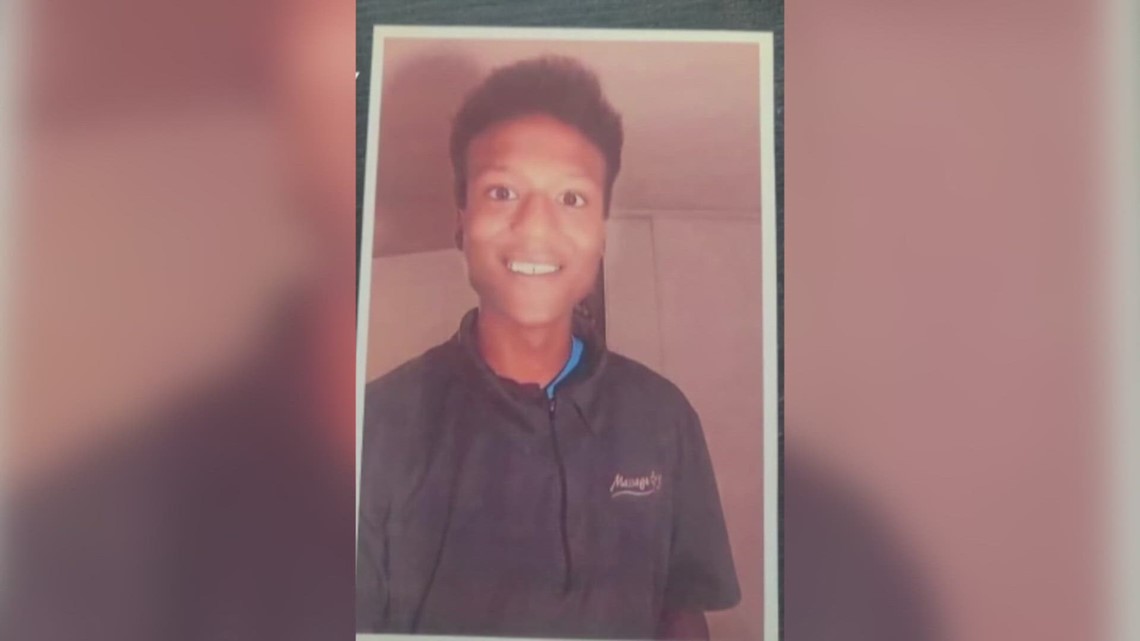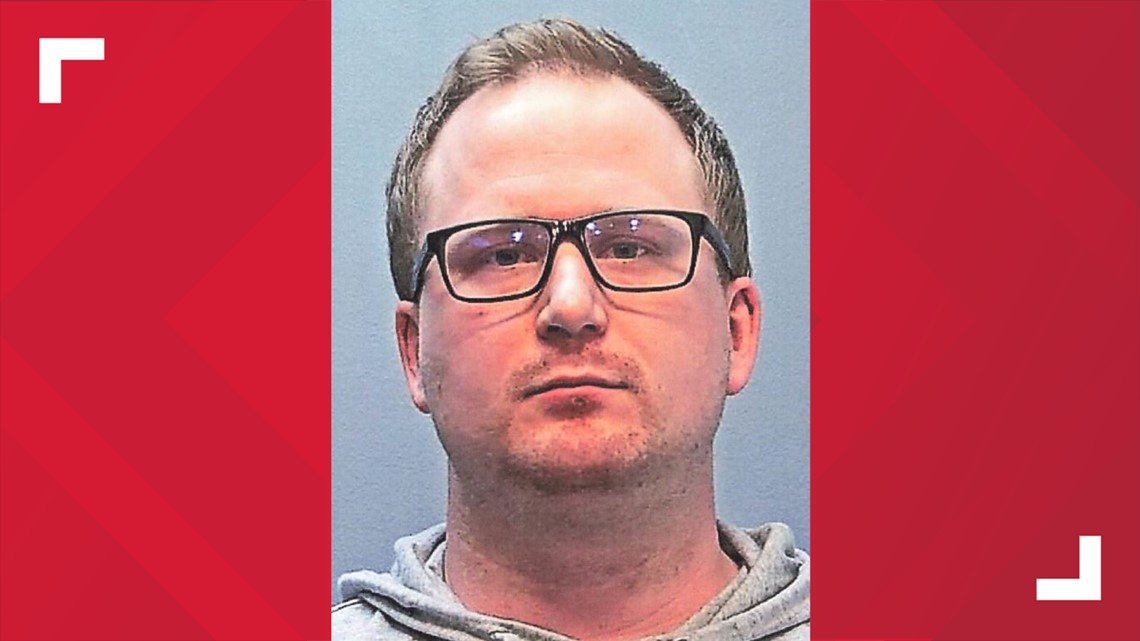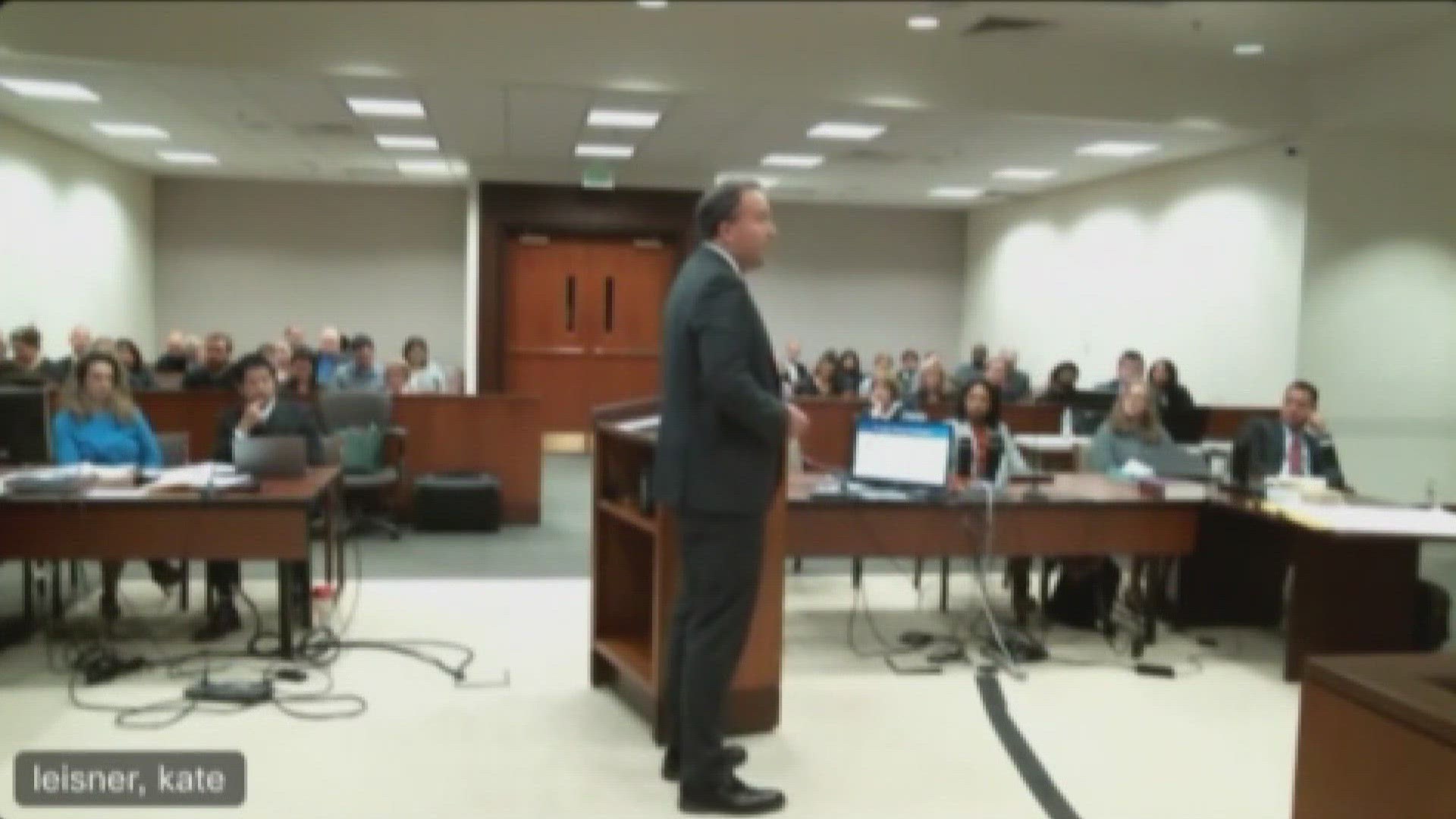AURORA, Colo. — The jury in the trial of Nathan Woodyard deliberated Friday afternoon and went home without reaching a verdict on the Aurora officer in the death of Elijah McClain.
Prosecutors on Friday morning told a jury that Woodyard started the chain of events that led to McClain's death and was complicit in his death. At the same time, Woodyard's attorneys argued he could not have foreseen the actions of others and should not be held responsible.
"The defendant was given all the information he needed to do the right thing. Elijah McClain told him in heartbreaking gasps at times, clear and directly what he was doing," said prosecutor Jason Slothauber during his closing argument. "There was no need for this escalation for violence – there was no need to grab Elijah McClain while he was walking home from the store."
"Nathan Woodard entrusted Elijah McClain to the care and custody of his fellow officers. He entrusted the care of Elijah McClain to medically trained professionals, and Elijah McClain died," said Woodyard's attorney, Andrew Ho, during his closing argument.
Testimony in the trial for Woodyard, who is charged with one count of reckless manslaughter, began on Oct. 17. That was just days after a separate jury reached its verdict in the case of two other officers charged in McClain's death.
Woodyard was the first officer to contact McClain on Aug. 24, 2019, after a teenage boy called 911 and relayed that he saw McClain wearing a coat and mask and acting "suspicious."
He grabbed McClain within eight seconds of approaching him. After grabbing him, Woodyard and fellow officers Randy Roedema and Jason Rosenblatt subdued and restrained him. In the midst of the struggle, Roedema shouted that McClain had attempted to grab Rosenblatt’s gun – an act the prosecution asserts did not happen.
Those words, however, prompted officers to take McClain to the ground. During that struggle, Woodyard used a carotid hold on McClain, a maneuver that caused him to briefly lose consciousness. Afterward, he was handcuffed and restrained on the ground for more than 10 minutes.
Later that same night, paramedics injected McClain with the sedative ketamine and his heart stopped. He later died.


Numerous medical experts testified that it was the ketamine that ultimately killed McClain.
"Each of those doctors were asked about the carotid. Each and every one of them told you Elijah McClain did not die because of the carotid," Ho said.
However, prosecutors argued that McClain began suffering from several medical conditions as a result of the struggle with officers well before the injection. They included hypoxia, or a lack of oxygen, and acidosis, or a build-up of acid in the body. McClain also aspirated – or inhaled some of his own vomit.
All of it started, Slothauber said, with the carotid hold applied by Woodyard.
"That starts the hypoxic cycle. Elijah McClain is wearing the mask when he throws up. He is panting from the exertion of what the police are doing to him," Slothauber said.
He went on to say that McClain swallowed his own vomit into his lungs, which can be audibly heard in body-worn camera footage.
"He ends up in a position where he’s essentially drowning in his own vomit," he said.
It's around that time that Woodyard testified that he heard McClain say he couldn't breathe and pulled his mask off. He testified that he thought removing the mask alleviated McClain's breathing issue and that shortly after, he was pulled away by his sergeant to take a break because he was "overwhelmed" by what had just happened.
Ho suggested that Woodyard is not responsible for what happened in those minutes while he was away and McClain was restrained by Rosenblatt and Roedema. He said Woodyard was not close enough to hear any discussions about ketamine or how much of it paramedics planned to give McClain.
"Could Nathan Woodyard have known? Could he have reasonably foreseen that the paramedics would come on the scene, come next to Elijah McClain, and stand there not asking a single question and then within a minute and a half, say OK, let's give him ketamine," Ho said.
Slothauber argued that when Woodyard returned just before the injection, he should have recognized that McClain was in a dangerous prone position – almost fully on his belly with his face toward the ground while handcuffed.
"He knocks him into the proverbial lake and then leaves without providing a life jacket. And then when he comes back, Elijah McClain was literally, face pinned down the ground, stomach on the ground, shoulders flat against the grass – prone. It's the metaphorical equivalent here of being facedown in that lake drowning.
And that's the situation Elijah McClain is in when the defendant comes back and he knows it. He can see him face down there, drowning in his own vomit."
RELATED: Nathan Woodyard testifies he thought he was going to get shot during interaction with Elijah McClain
The jury broke for lunch after closing arguments Friday morning and returned just after 1 p.m. to begin deliberations. They wrapped up around 5 p.m. and will return Monday morning.
Woodyard remains suspended without pay pending the outcome of the trial.


A separate jury heard the case against Roedema and Rosenblatt. Jurors in that trial acquitted Rosenblatt of all charges but convicted Roedema of criminally negligent homicide and third-degree assault. He's set to be sentenced in January.
The trial for Jeremy Cooper and Peter Cichuniec, the paramedics who responded to the call is set to begin on Nov. 27.
They are each charged with reckless manslaughter and numerous counts of assault. Both are suspended without pay while they await trial.
SUGGESTED VIDEOS: Elijah McClain death

